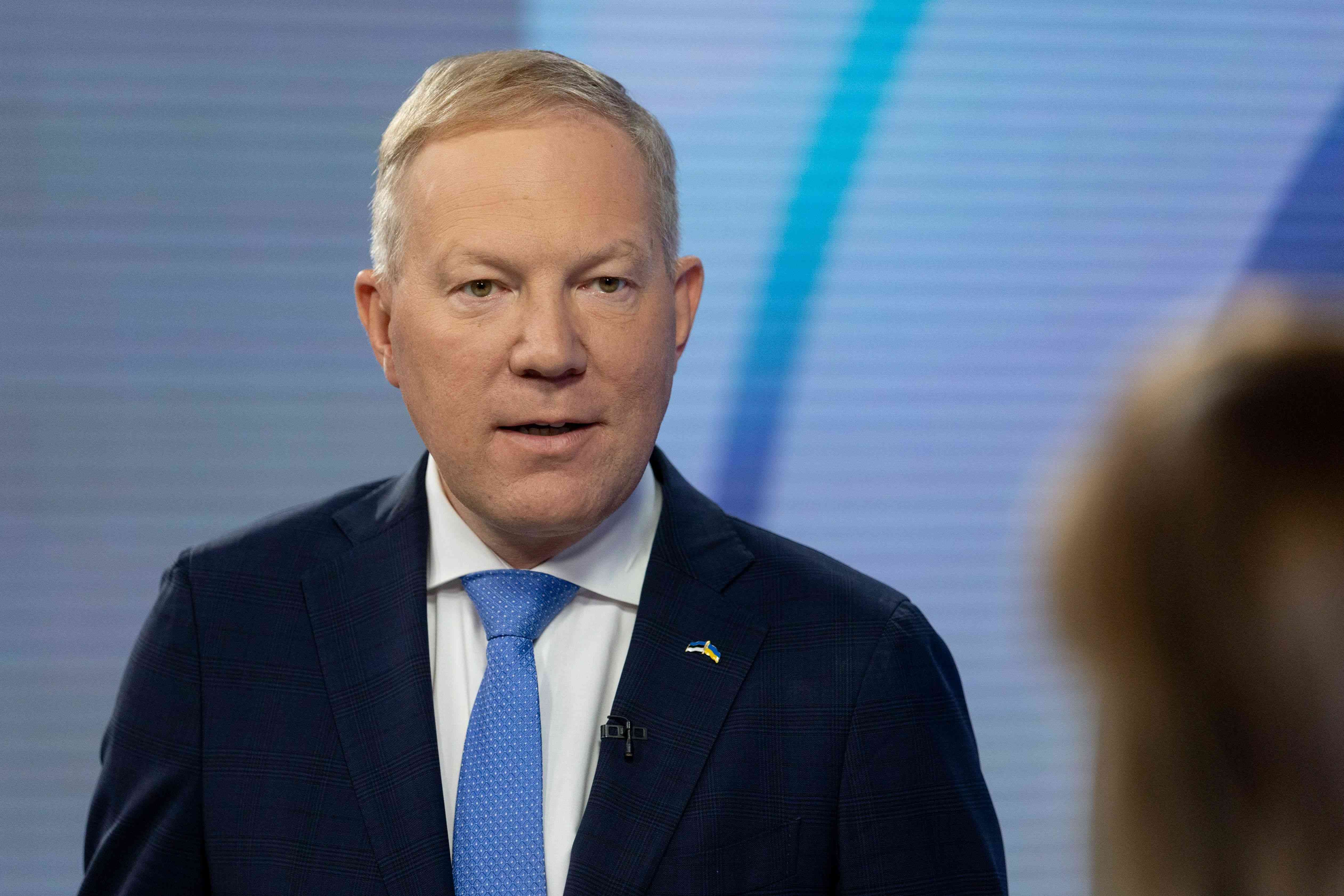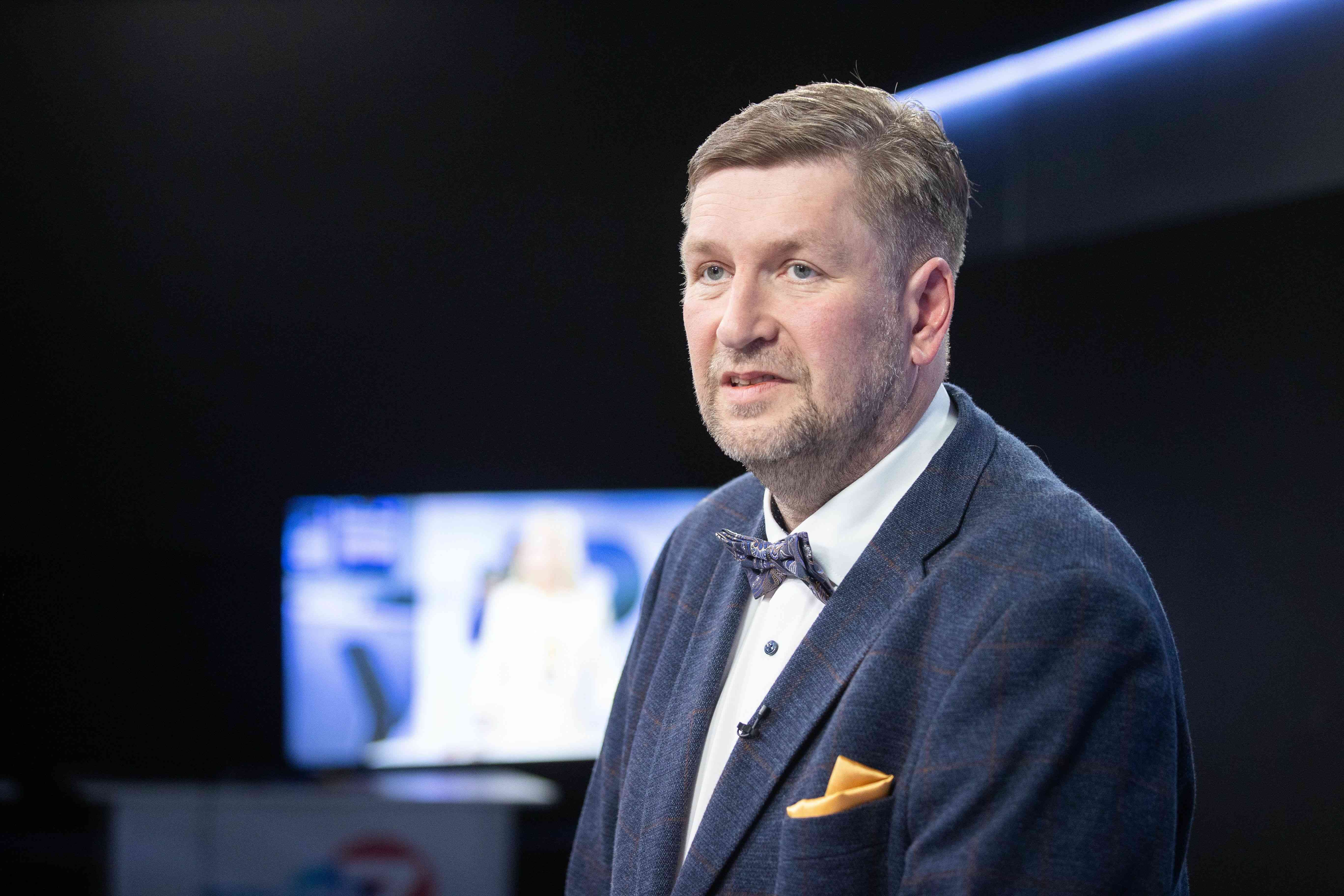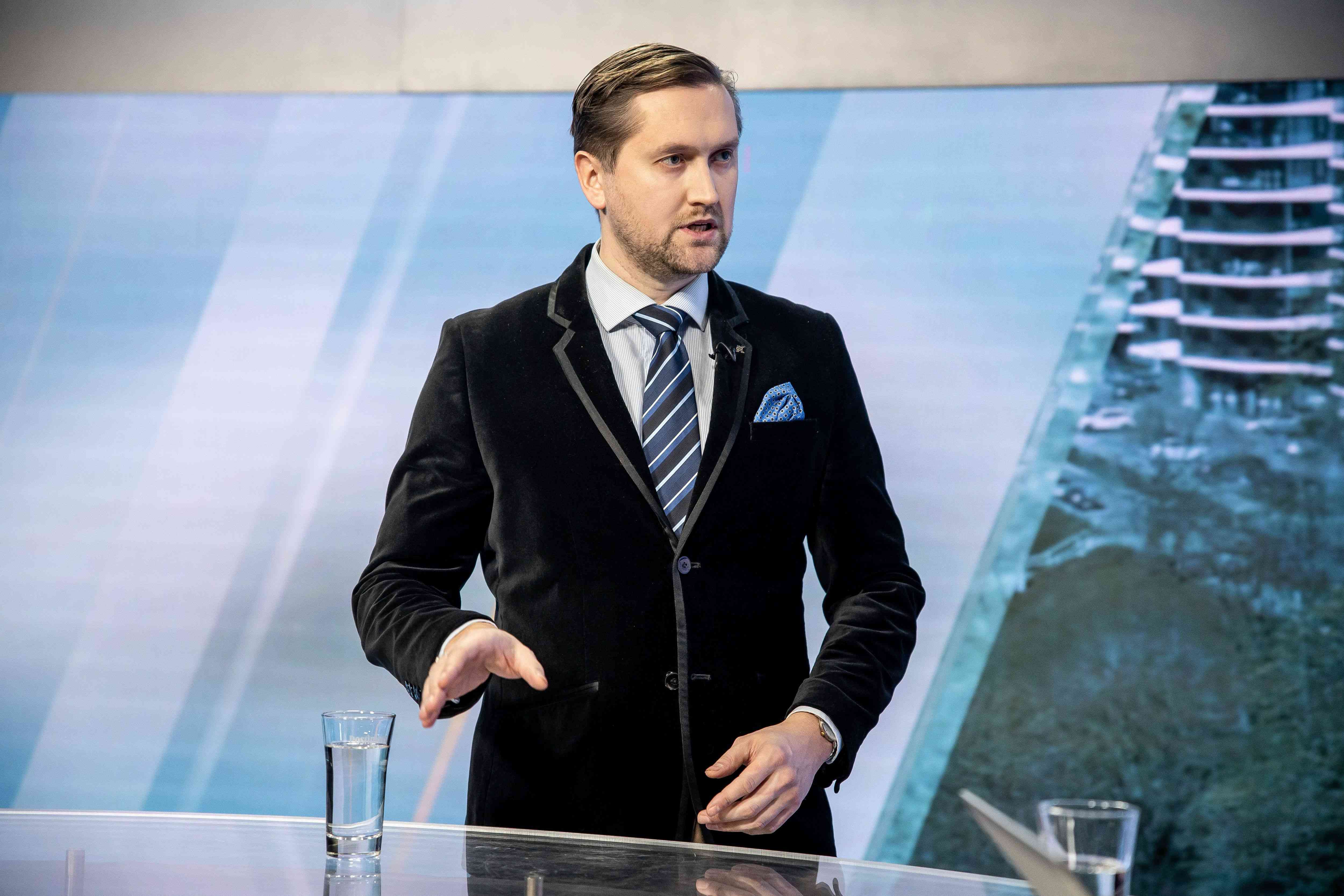Vox Populi
SVEN MIKSER
member of the European Parliament (SDE)
The absolute majority of Greenlanders do not want to become part of the
United States and do not want to be pressured by the Americans on this
matter. Estonia must stand alongside Denmark on this issue. By
strengthening the European Union's common position, Estonia can show its
solidarity to Greenlanders and Danes, both in its interactions with
European partners and Americans.
Surely Denmark should be a
good and solid ally for the US in this context too. At the request of
Americans, Danes fought alongside them in one of the most dangerous
regions of Afghanistan, suffering significant losses. Speaking of
burden-sharing, Denmark has also been one of the biggest supporters of
Ukraine in their war against Russia.
Rasmussen is therefore
entirely right to recall that the US is not pressuring a rival or an
enemy on the Greenland issue, but one of its most committed allies –
something that is certainly neither fair nor right.
The
messages from the United States regarding Greenland, suggesting that
they need someone else's territory to ensure their own security, bear an
alarmingly close resemblance to Putin's rhetoric. In global politics
such statements, regardless of their underlying intentions, could become
a justification for someone else for their aggression.
Estonia
must stand for the protection of international law and a rules-based
world order, no matter from which direction pressure or attempts to bend
these principles arise.
KALEV STOICESCU
chairman of the national defense committee of the Riigikogu (Estonia
200)
The saga of US military presence in Greenland began during World War II,
when the aim was to prevent the giant island from falling into the grip
of Nazi Germany. At the beginning of the Cold War, the US had a total of
17 military bases and installations in Greenland, which were very
important to protect the North Atlantic region from hostile activities
by the Soviet navy and North America as a whole from a possible nuclear
attack.
Today, Greenland has only one, but large
and important US military base.
The people of Greenland
decide their own independence and destiny. They have the right to become
independent if they wish, sooner or later. No land or people are for
sale.
Especially considering Russia's and China's increased
activity and hostile aims in the Arctic, the United States' interest in
ensuring the island's security and defense is justified, but all
possibilities for this exist with Denmark and other allies, without
taking over the island. Whatever that means.
I hope that the
developments related to Greenland will be in full accordance with the
will of the people of Greenland, the legitimate interests of NATO –
including the US, of course – and international law. There is no
rational reason why this should not be the case if NATO remains a strong
and united alliance, and the risk of Greenland falling under the
influence of Russia and/or China is virtually non-existent.
Estonia
must stand for strengthening allied relations and respecting
international law.
MARKO MIHKELSON
chairman of the foreign affairs committee of the Riigikogu (Reform
Party)
The unity of the allied space and the resulting deterrence against the
threat that is existential to us is very important for Estonia.
Therefore, it is in Estonia's interest to do everything possible to
prevent the weakening or disintegration of the allied space.
The
US administration's stance towards Denmark with regard to Greenland is
not a step that strengthens the allied space. As a founding member of
NATO, Denmark has been one of the most committed allies, a consistent
promoter of transatlantic relations, and they are altogether prepared to
discuss the possibility of increased US military presence in Greenland.
The agreement between the US and Denmark, which dates back to 1951,
provides a good opportunity for this. As we know, there is only one US
military base in Greenland now, while there used to be 17.
It
is in Estonia's interest to express clear support for Denmark's efforts
and to explain to US allies why it is in their own interest, as well as
that of the broader alliance, to refrain from actions that could
encourage authoritarian forces in dismantling the existing world order.
MARTI AAVIK
member of the governing board of The Right
Estonia must do everything in its power to ensure that the alliance
between Europe and the US remains intact. Currently, the Greenland issue
is a hypothetical situation, an unpleasant exchange of words, not
actions. The aim is to prevent us from ever facing such a drastic choice
between Denmark and the US in real life.
If those directly
responsible for Estonia's foreign policy and diplomacy were to start
seeking a solution to the dilemma publicly, it would not serve Estonia's
interests. The privilege of speaking and analyzing publicly should be
left to those who are not currently the prime minister, foreign
minister, president, or ambassador.
Estonia's undeniable
interest is the preservation of the Western alliance and defense
cooperation within NATO. Europe needs to be made stronger. At the same
time, it is not wise to expect official representatives of either
Estonia or Europe to provide Donald Trump with reasons to dismantle or
weaken NATO with their words. The goal is precisely the opposite: to
maintain, with as little damage as possible!
The main
negative impact of Trump's Greenland talk indeed is what Moscow is
openly clapping its hands over: a) look, the Americans also want to
annex land by force; b) look, the "degenerate West" (words of figures in
the Kremlin) is fighting among themselves.
Neither Denmark
nor Greenland has refused military or economic cooperation. We should
move on from the talk of annexation to the substance, which the Danes
are clearly trying to do.
JAAK MADISON
Member of the European Parliament (Center Party)
To the best of my knowledge, Donald Trump is not so much interested in
integrating Greenland into the United States as he is in protecting the
world's largest island from China's and Russia's influence activities.
While Greenland has a population of fewer than 60,000 people, it holds
great geopolitical significance. The US has an air base there, and it is
very clear that Donald Trump is keen on safeguarding America's positions
– American intelligence on Russia and China should be taken
seriously.
Decisions regarding Greenland's future are
primarily in the hands the local population. I do not believe it is
right for Estonian politicians to start telling Greenlanders how they
should live. Naturally, the Kingdom of Denmark, of which Greenland is a
part, plays a crucial role in the current situation. Estonia cannot, of
course, support the invasion of another country and the capture of
territory by force, and it is our task to use diplomatic channels to
prevent yet another military conflict.
"Estonia could support
a stronger NATO presence in the Arctic, but should do so in a balanced
manner so as not to increase geopolitical tensions. Given the abundant
natural resources found in Greenland, Estonia should seize all
opportunities to participate in economic cooperation.




